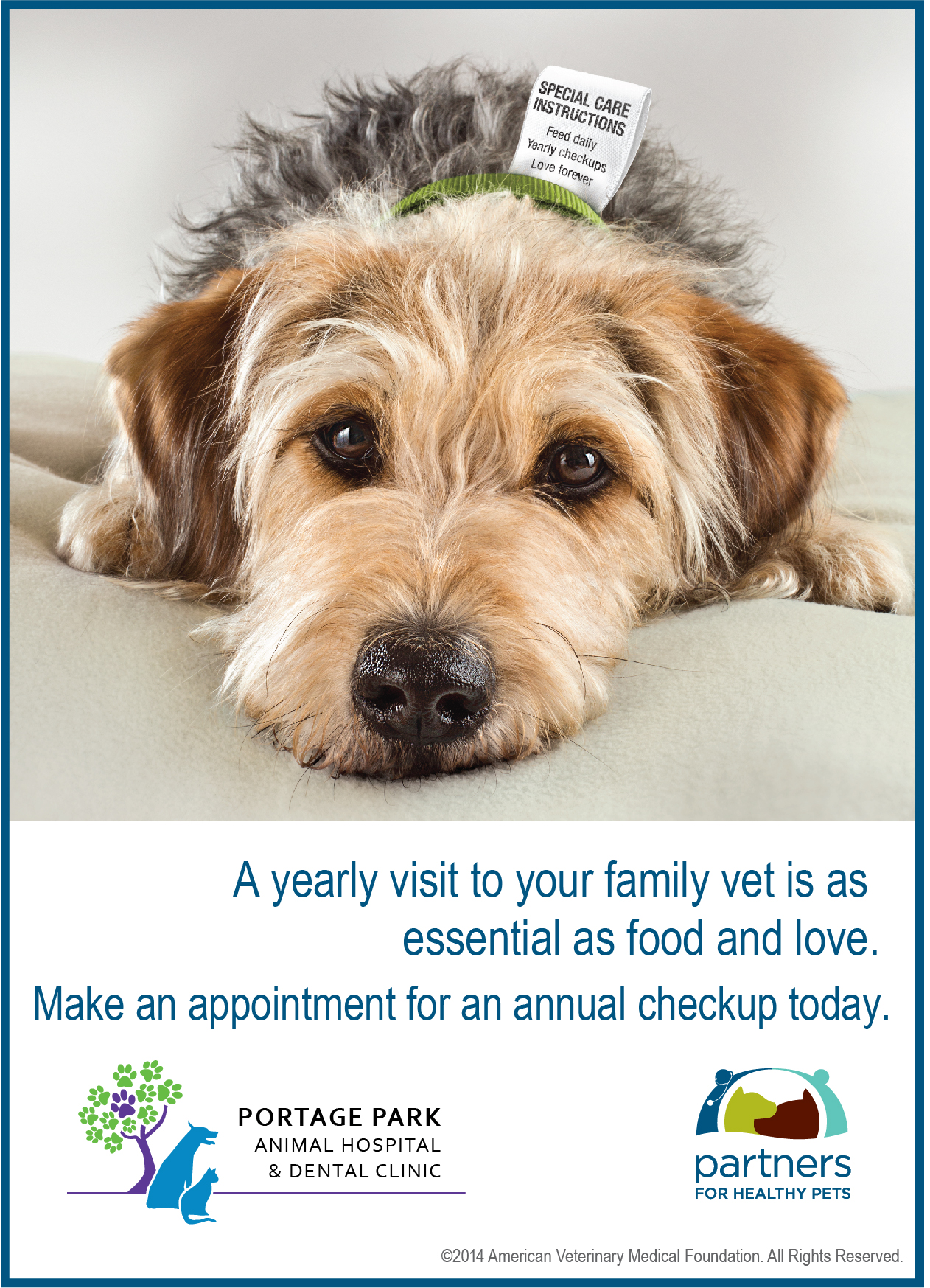
As a new puppy owner, you might find yourself wondering, “When does a puppy stop growing?” This is a common question, and the answer can vary depending on several factors. The best way to care for your furry friend is to know what’s happening to them — this guide will help you understand.
What Are the Stages of Puppy Growth?
Puppies go through six stages of growth from birth to adulthood. Here are some things you’ll start to notice about your furry friend during each stage:
Neonatal Stage (0-2 weeks)
- Puppies are born blind and deaf
- Puppies are completely dependent on their mother
- Puppies require constant care and feeding
Transitional Stage (2-4 weeks)
- Puppies’ eyes and ears open
- Puppies begin to walk and play
- Puppies start to develop senses and motor skills
Socialization Stage (3-12 weeks)
- Puppies experience rapid physical and mental development
- Puppies enter the critical period for learning and socialization
- Puppies begin to actively explore their environment
Juvenile Stage (3-6 months)
- Puppies continue teething and rapid growth
- Puppies begin to look more like adult dogs
- Puppies’ energy levels increase significantly
Adolescent Stage (6-18 months)
- Dogs’ growth rate slows down
- Dogs reach sexual maturity
- Dogs may exhibit more independent or challenging behaviors
Adulthood (1-2 years)
- Dogs’ physical growth is generally complete
- Dogs’ emotional and mental maturity is still developing
- Dogs settle into their adult personalities and behaviors
What Factors Affect Puppy Growth?
Many things affect how fast puppies grow and how big they’ll get. Here are the main factors:
- Breed: Different breeds grow at different rates. Small breeds usually finish growing faster than big breeds.
- Genes: A puppy’s parents pass down genes that affect size. Even puppies from the same breed can end up being of different sizes.
- Food: Proper nutrition helps puppies grow healthy and strong. It’s important to feed them the right amount, as too much or too little food can cause problems.
- Health: Healthy puppies grow quicker and stronger. Some illnesses can slow down or cause dogs to stop growing.
- Exercise: The right amount of exercise helps build strong muscles and bones. Too much exercise might hurt puppies’ joints depending on their breed size.
- Spaying/Neutering: When your puppy gets fixed can affect their growth. For some breeds, it makes them grow a bit taller.
- Environment: A puppy’s living space and stress levels can affect growth. Happy, comfortable puppies often grow faster and stronger.
How Do I Care for a Growing Puppy?
Proper care, along with the factors mentioned above, is crucial for your puppy’s health and development. A few ways you can care for your puppy include:
- Nutrition: Provide high-quality dog food appropriate for their breed size
- Exercise: Implement regular, age-appropriate exercise to support healthy growth
- Veterinary care: Schedule regular check-ups and vaccinations
- Training: Start early with positive reinforcement techniques
- Socialization: Expose your puppy to various people, animals, and environments
FAQs
When Do Puppies Open Their Eyes?
Puppies typically open their eyes between 10-14 days after birth. However, their vision continues to develop over the next several weeks.
How Fast Do Puppies Grow?
Puppies grow incredibly fast, especially in their first few months. They can double their birth weight in just 1-2 weeks and reach about half their adult weight by 4 months old.
When Does a Puppy Stop Growing Based on Its Breed?
Puppies reach their adult size at different ages based on their breed:
- Small breeds: Typically reach full size by 6-8 months
- Medium breeds: Usually stop growing around 12 months
- Large and giant breeds: Can continue growing until 18-24 months
Our Puppy Wellness Program
At Portage Park Animal Hospital, we offer a Puppy Wellness Program designed to support your puppy’s health throughout their growth stages. Our program includes:
- Regular check-ups and growth monitoring
- Tailored vaccination schedules
- Nutritional counseling
- Behavior and training advice
- Early detection of potential health issues
When you enroll in our Puppy Wellness Program, you can be sure that your puppy receives the best care during their developmental stages, setting them up for a healthy, happy life as an adult dog.
Remember, every puppy is unique, and growth rates can vary. If you have any concerns about your puppy’s growth or development, don’t hesitate to contact us.


